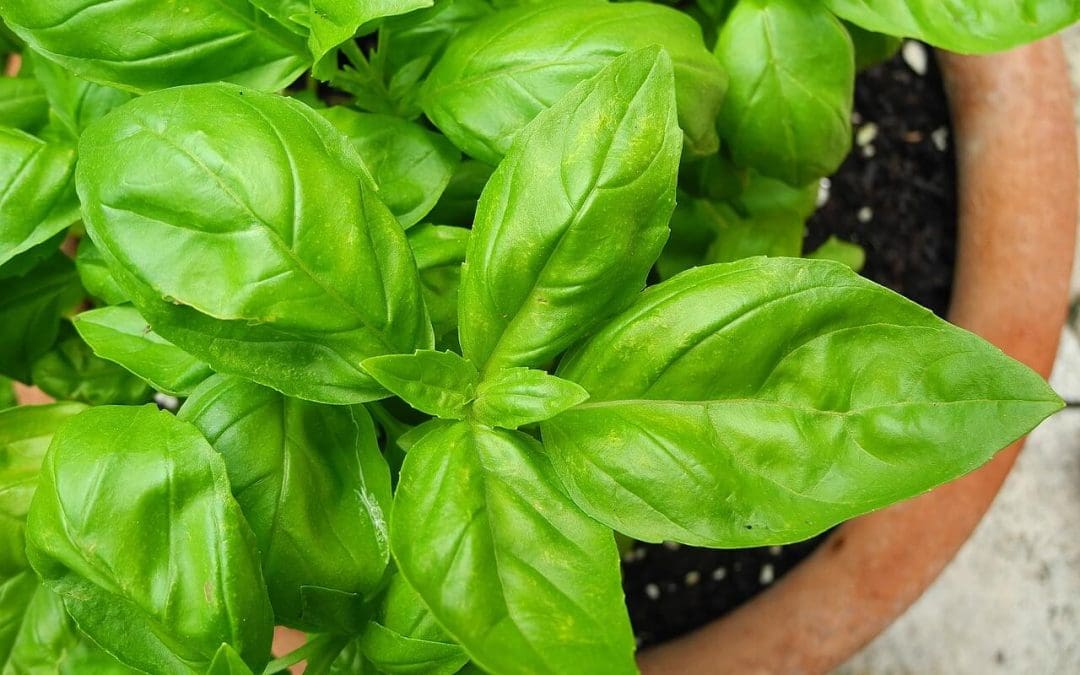Bringing plants into your kitchen adds a touch of nature, improves air quality, and creates a welcoming atmosphere. Choosing the right plants for your kitchen involves considering lighting conditions, humidity, and how much time you have to care for them. Whether you’re looking for a splash of color or a practical herb garden, there’s a plant that will fit perfectly into your kitchen.
Choosing Plants Based on Kitchen Lighting
Kitchens often have a mix of natural and artificial light, which affects plant growth. If your kitchen has plenty of sunlight near a south or west-facing window, it’s perfect for sun-loving plants like basil, rosemary, or aloe vera. These plants thrive in bright, direct light and are a practical addition, providing fresh herbs for your cooking or soothing gel for burns.
For kitchens with less natural light, try low-light tolerant plants such as pothos, snake plants, or peace lilies. These hardy plants survive in shaded areas and even under fluorescent lights, making them perfect for kitchens without large windows.
Humidity and Its Impact on Plant Choices
Kitchens can be humid, especially when you’re cooking or running the dishwasher. While some plants thrive in a humid environment, others prefer drier conditions.
Herbs like mint, cilantro, and thyme love moisture and will flourish in humid kitchens. These are great options if you regularly use herbs in your meals and want a handy, fresh supply right on your windowsill.
Tropical plants, such as ferns or the ever-popular monstera, also enjoy the extra humidity and bring a lush, vibrant look to your space. Orchids, while requiring a bit more care, also love humidity.
If your kitchen tends to be dry, especially in colder months when you might use the stove or oven frequently, succulents like echeveria or jade plants are a smart choice. These drought-resistant plants thrive in dry environments and are easy to maintain.
Space-Saving Plant Ideas for Smaller Kitchens
Not every kitchen has ample space for large potted plants. If you’re working with a smaller kitchen, there are still creative ways to incorporate greenery without taking up too much counter space.
Hanging plants like ivy or string of pearls add greenery without occupying your countertop. Hanging baskets or small wall-mounted planters allow you to incorporate plants in tight spaces.
For a practical approach, keep small herb planters on windowsills, countertops, or even mounted on the walls. You can even find tiered planters that allow you to grow several types of herbs in one vertical space. Compact options like succulents or air plants can also be placed in small decorative containers, brightening up the kitchen without crowding it.
How to Care for Your Kitchen Plants
Plant care is essential, especially in a kitchen environment where factors like heat from cooking and fluctuating light levels come into play.
Watering frequency is key. Most kitchen plants need to be watered once a week, but herbs and tropical plants may require more frequent misting or watering, especially in warmer months. Always check the soil before watering to avoid overhydration, which leads to root rot.
Regular pruning of herbs will keep them growing, and wiping down the leaves of larger plants like monstera or peace lilies will help them stay free of dust and pests. For plants like succulents, less is more—too much water will harm them, so it’s best to let the soil dry out completely between waterings.
Incorporating plants into your kitchen is an excellent way to enhance aesthetics and functionality. With careful selection and attention to their needs, your kitchen will become a beautiful, green oasis.
FAQs
Which herbs grow best in a kitchen?
Basil, mint, cilantro, and rosemary are some of the best herbs for kitchen gardens. They love the light and humidity found in most kitchens and can be harvested regularly for cooking.
How can I keep my kitchen plants healthy in low light?
Choose low-light tolerant plants like peace lilies or snake plants. If your kitchen has no windows, consider using grow lights to supplement the natural light.
Do kitchen plants help with air quality?
Yes, many kitchen plants, such as aloe vera, peace lilies, and snake plants, which have air-purifying qualities. They help remove toxins from the air, making your kitchen a healthier place to cook and gather.
GoPro Home Inspections provides inspections to customers in the Central Florida area. Contact us to request our services.

